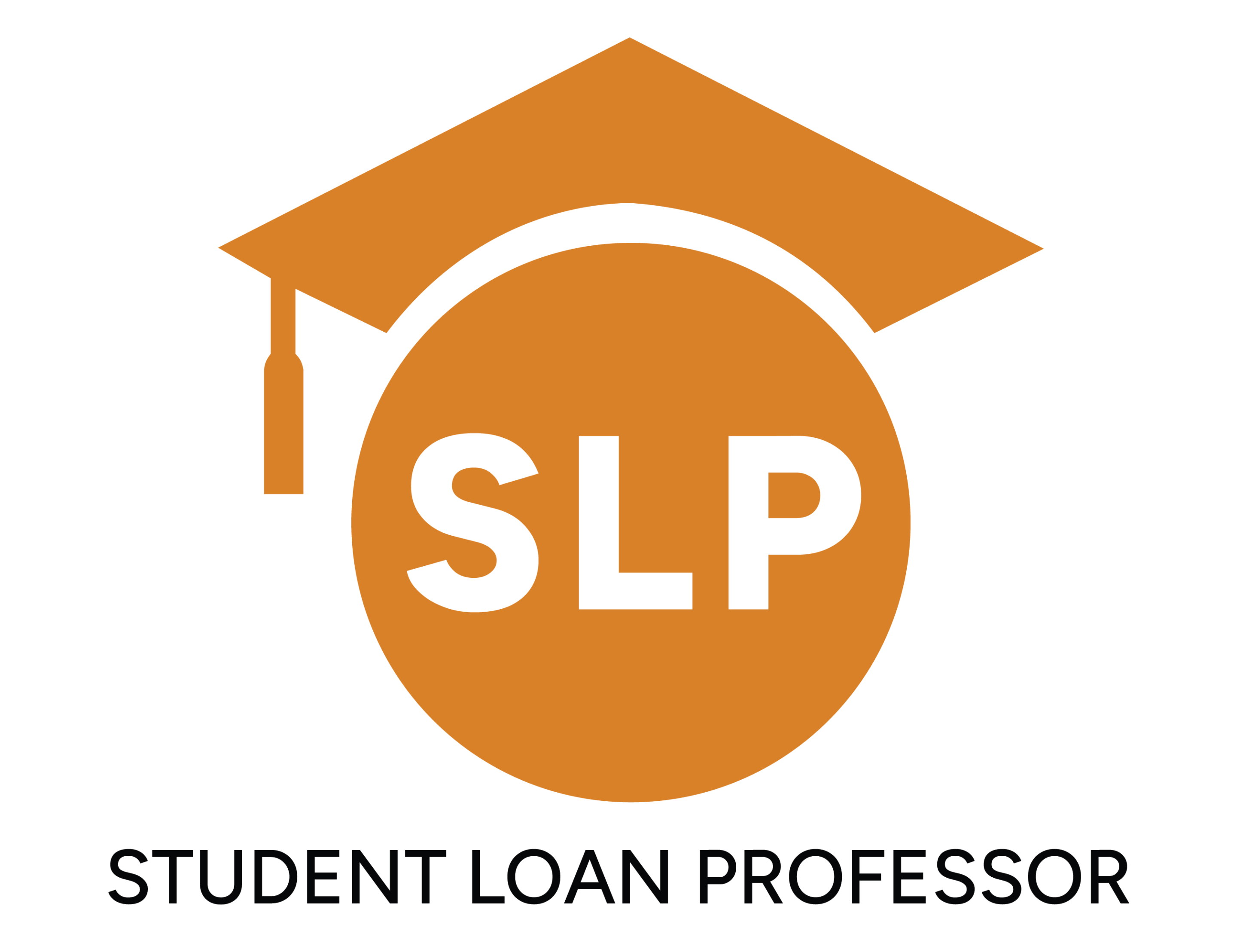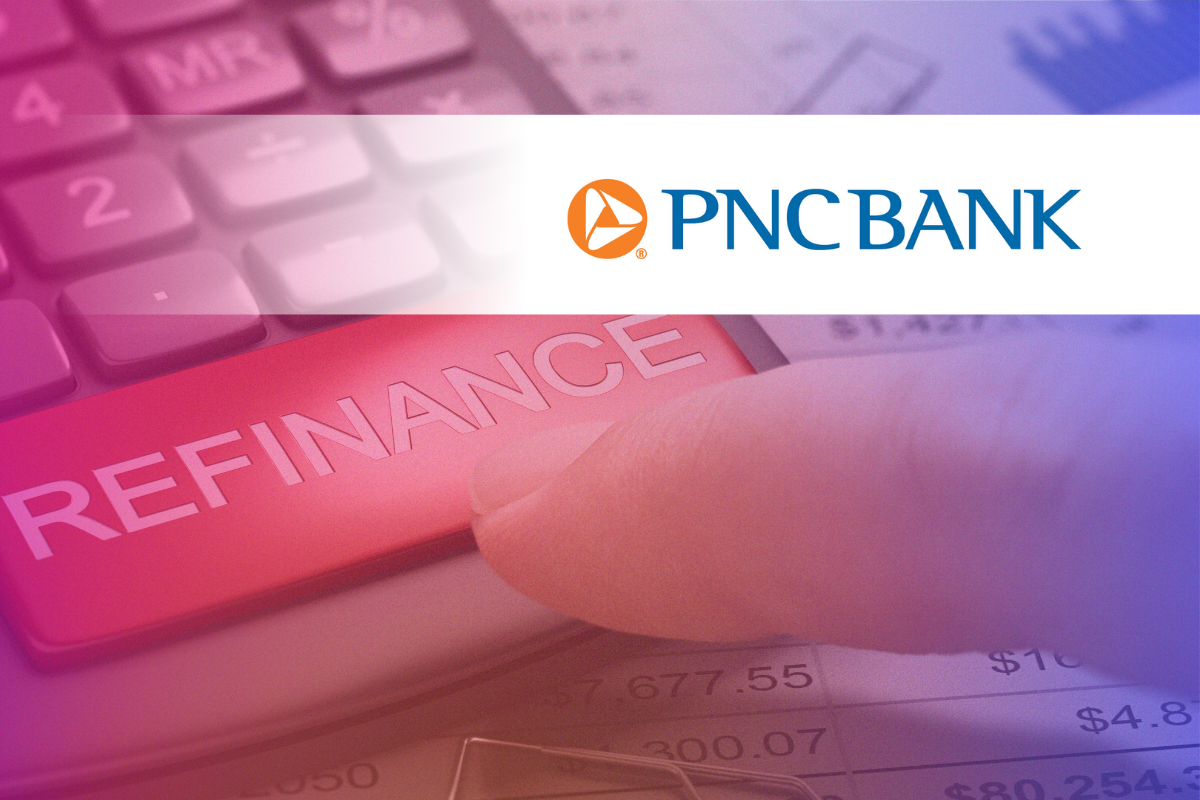PNC Bank’s student loan refinance program is one of the top loan refinancing options in the market. It offers competitive rates and flexible repayment terms, allowing you to save money and better manage your student loan debt.
However, it’s important to understand the details before signing on the dotted line if you’re considering a PNC student loan refinance—like with any other financial decision.
In this article, we cover everything you need to know about PNC student loan refinancing, including eligibility requirements and potential drawbacks.
Whether you want to save on interest, simplify your payments, or pay off your student loans faster, read on to find out if PNC is the right fit for your financial goals.
Overview of PNC Student Loan Refinancing
The PNC education refinance loan is a financial solution designed to help borrowers consolidate and simplify their student loan repayment. It allows you to combine both private and federal student loans into a single new loan, typically with more favorable rates and monthly payment schedules.
Here’s a quick overview of their student loan refinancing features:
| Loan Terms | 5, 10, or 15 years |
| Loan Limits | $10,000 to $200,000 |
| Minimum Credit Score | Not specified (Mid 600’s) |
| Minimum Yearly Income | Not specified |
PNC Bank Eligibility Requirements
You will need to meet the following criteria to qualify for PNC student loan refinancing:
- Creditworthiness: Although the lender does not specify an exact credit score, you will need a solid rating (around 670 or higher) to refinance student loans with the best rates.
- Income and Employment: PNC does not specify an exact income requirement. However, you need a stable income and full-time employment, or a co-signer who meets these criteria, to qualify for refinancing.
- Loan Type: PNC can refinance both federal and private student loans. However, refinancing your federal student loans means forfeiting federal protections like Income-Driven Repayment Plans and forgiveness programs.
Types of Loans You Can Refinance with PNC
If you qualify, PNC allows you to refinance a variety of student loans, including:
- Private student loans from other lenders
- Federal student loans such as Direct Loans and PLUS Loans
- Parent PLUS Loans, either in the parent’s name or transferred to you upon refinancing (if eligible)
PNC Student Loan Refinancing Interest Rates, Costs and Fees
To properly evaluate whether PNC is the right choice for you, you must understand the costs associated with refinancing your loans with this loan servicer. Here’s a quick summary of the interest rates and fees you can anticipate.
Interest Rates
PNC offers both fixed and variable interest rate options, allowing you to choose a repayment structure that aligns with your financial goals.
- Fixed Interest Rates: These remain constant over the life of your loan, giving you predictable monthly payments. PNC’s fixed rates vary based on creditworthiness and loan terms.
- Variable Interest Rates: Variable interest rates fluctuate with market conditions and may start lower but carry the risk of increasing over time, leading to higher monthly payments.
Note: Interest rates change frequently. Check PNC’s website for the latest rates before making your decision.
Factors Affecting Your PNC Interest Rates
There are several factors that will determine the interest rates PNC will offer, including:
- Your Credit Score: The higher your credit score, the more competitive the rates you will qualify for.
- Income and Debt-to-Income Ratio: A stable income and low debt-to-income ratio will significantly improve your eligibility for competitive rates.
- Loan Terms: Shorter repayment terms often come with more favorable rates, while longer terms may have higher rates to account for extended timelines.
- Co-signer: Having a creditworthy co-signer to undersign your loan will significantly improve your chances of securing lower interest rates.
Additional Fees and Charges
One of the standout features of PNC student loan refinancing is the absence of many common fees. PNC does not charge application and origination fees, nor do they impose a prepayment penalty should you pay off your loan early to save on interest rates.
The Pros and Cons of Refinancing With PNC
PNC is a great student loan refinancing option, but it’s not without its shortfalls. Before choosing PNC for your student loan refinancing, it’s smart to weigh the advantages and drawbacks. To that end, here’s a closer look at what PNC offers—and where it may fall short.
The Pros:
- Potential Interest Savings: PNC’s refinance terms can help reduce your interest rate costs, potentially saving you thousands over the life of your loan. If you have a satisfactory credit history and stable income, you are most likely to qualify for the lowest rates.
- Flexible Repayment Terms: PNC allows you to customize your repayment schedule to match your financial goals, be it to reducing your monthly payments or paying off your loans faster.
- Co-signer Release: PNC offers the option to release your co-signer after demonstrating financial stability and making 48 consecutive on-time payments — a great feature if you initially needed a co-signer to qualify for a loan.
- No Hidden Fees: PNC does not charge application, origination, or prepayment fees, ensuring you can access loan refinancing without any unexpected costs.
The Cons:
- Loss of Federal Loans Benefits: As a private student loan lender, refinancing your loans with PNC means forfeiting access to federal student loan protections like IDR plans, deferment, forbearance, and loan forgiveness programs like PSLF. If you rely on these programs, then refinancing may not be for you.
- Strict Eligibility Requirements: PNC is ideal if you have a strong credit score, stable income, and solid debt-to-income ratio. If you don’t meet these requirements, you might need a creditworthy co-signer to support your application, otherwise, you may not qualify.
- Limited Discounts: Unlike some competitors, PNC offers no significant interest rate discounts beyond the 0.50% autopay rate deduction benefits.
Pro Tip: Before submitting your PNC education refinance loan application, contact Student Loan Professor (SLP) for a free refinancing suitability analysis to ensure you make the best move for your financial future.
How to Apply for PNC Student Loan Refinancing
The PNC student loan refinancing application process is straightforward, but even so, being prepared can make it even smoother. Here’s a step-by-step guide to help you navigate your application.
Step 1: Confirm Your Eligibility
Before starting the application process, check and make sure you meet PNC’s basic requirements, that is:
- You have a strong credit score or a creditworthy co-signer
- A stable income and employment
- Eligible loans (federal, private, or Parent PLUS)
- U.S. citizenship or permanent residency
Step 2: Gather the Necessary Documents
Having your documents ready in advance will save time. You’ll typically need:
- A valid government-issued ID (your driver’s license or passport will do)
- Proof of income (pay stubs, tax returns, or W-2s)
- Current student loan statements, including balances and account numbers
- Information about your co-signer if you’re using one
Step 3: Complete the Online Application
Visit PNC’s website to fill out the application form. You’ll need to provide personal information, details about your current loans, and financial information for both you and your co-signer if you’re using one.
Step 4: Review Your Loan Offer
Once PNC reviews your application, they’ll provide a refinancing offer with details about your new interest rate, repayment plans, and monthly payments. Review this offer carefully to ensure it aligns with your financial goals.
Step 5: Accept the Loan and Finalize the Process
If the terms meet your needs, go ahead and accept the loan offer. PNC will pay off your existing loans and set up your new refinanced loan. You’ll then start making payments under the new terms.
Bonus: Set Up Auto-Pay
Consider signing up for auto-pay to simplify your payments. PNC offers an interest rate discount for auto-pay users, helping to reduce your overall loan costs over time.. This will further reduce your overall interest and the total cost of your loan over time.
Additional Tips for A Smoother Application Process
- Check your credit report for errors and resolve any issues before applying,
- Compare PNC’s offer with other lenders to ensure you get the best deal.
- Utilize PNC’s customer service team to answer questions or clarify details during the process.
Take Control of Your Student Loans With SLP
Refinancing your student loans with PNC is smart if you want to lower your interest rates, simplify repayments, or achieve greater financial flexibility.
However, before you sign on the dotted line, you must consider your unique financial needs, compare all available options, and make the best decision for your financial well-being.
Understandably, this can feel overwhelming, so if you need help navigating the student loan market, get in touch with Student Loan Professor. Our team at SLP specializes in guiding students and professionals like yourself to the best refinancing solutions tailored to your goals.
Visit our website or email us at help@studentloanprofessor.com to start exploring custom strategies for finding and securing the best student loan refinance deals.
Brandon Barfield is the President and Co-Founder of Student Loan Professor, and is nationally known as student loan expert for graduate health professions. Since 2011, Brandon has given hundreds of loan repayment presentations for schools, hospitals, and medical conferences across the country. With his diverse background in financial aid, financial planning and student loan advisory, Brandon has a broad understanding of the intricacies surrounding student loans, loan repayment strategies, and how they should be considered when graduates make other financial decisions.



![Our Honest Thoughts On Aidvantage Student Loans [For 2025]](https://www.studentloanprofessor.com/wp-content/uploads/2024/10/SLP_fallback_2-no-logo-400x250.jpg)

